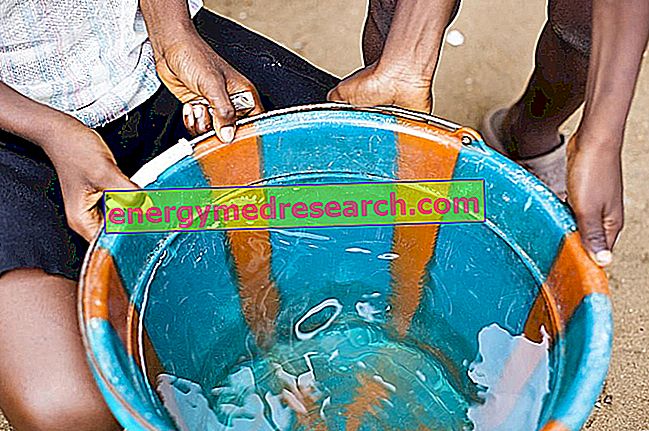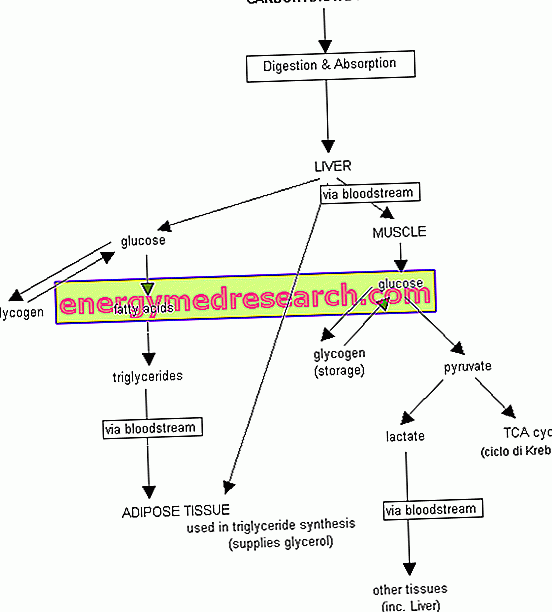
Cholera is an acute infectious disease caused by Vibrio cholera, mainly carried by water and contaminated food . This bacterium, once ingested, colonizes the intestine, where it releases a toxin capable of adhering to the cells of the epithelium and producing a toxic action, modifying, through a complex physiological reaction, the ability to absorb water. After several hours or days, in 5-10% of the infected people appear discharges of watery and massive diarrhea, associated with vomiting, rapid dehydration and reduction in body weight. The patient can lose more than 1 liter of liquid stool per hour, often described as " rice water " due to its whitish color and the characteristic odor it has. Dehydration can be so severe as to cause anuria, muscle cramps, hypovolemia and cardiovascular collapse .
Without adequate treatment, death can occur within a few hours. Fortunately, in most cases, the infection occurs in a subclinical form or as a mild and uncomplicated diarrheal episode.
Two serogroups of cholera vibrios are implicated in human epidemics: O1 (the most widespread worldwide) and 1313 (found only in some regions of Asia).



